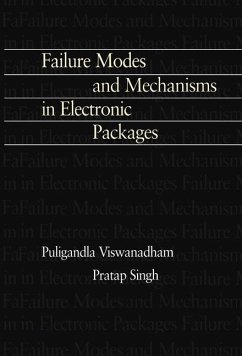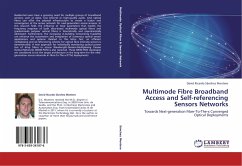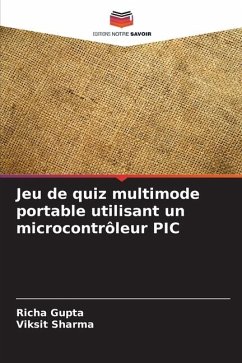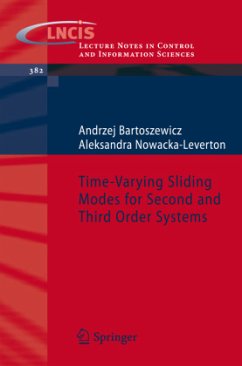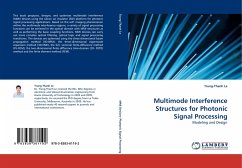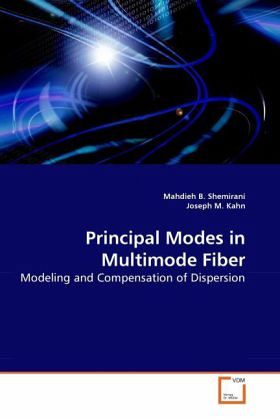
Principal Modes in Multimode Fiber
Modeling and Compensation of Dispersion
Versandkostenfrei!
Versandfertig in 6-10 Tagen
39,99 €
inkl. MwSt.

PAYBACK Punkte
20 °P sammeln!
Traditionally, modal dispersion in multimode fiber has limited the bit rate-distance product to less than about 2 Gbit/s-km. Models for modal dispersion must take account of mode coupling by fiber imperfections and bends. In the past, mode coupling has been studied using a power-coupling model. However, this model is inherently unable to describe some effects in high-speed links using coherent laser sources, such as polarization dependence of impulse response. In this book, we describe a field coupling model for propagation in MMF, which is analogous to the model used to study polarization mod...
Traditionally, modal dispersion in multimode fiber has limited the bit rate-distance product to less than about 2 Gbit/s-km. Models for modal dispersion must take account of mode coupling by fiber imperfections and bends. In the past, mode coupling has been studied using a power-coupling model. However, this model is inherently unable to describe some effects in high-speed links using coherent laser sources, such as polarization dependence of impulse response. In this book, we describe a field coupling model for propagation in MMF, which is analogous to the model used to study polarization mode dispersion in single-mode fiber. Our model allows computation of the fiber impulse response, given a launched electric-field profile and polarization. We describe principal modes (PMs), which are free of modal dispersion. In the next step we demonstrate the use of an adaptive spatial light modulator (SLM) to launch light into PMs, preventing modal dispersion. Previously this technique has enabled transmission at bit rate-distance products over 200 Gbit/s-km. We have extended this technique to include control of signal polarization.





